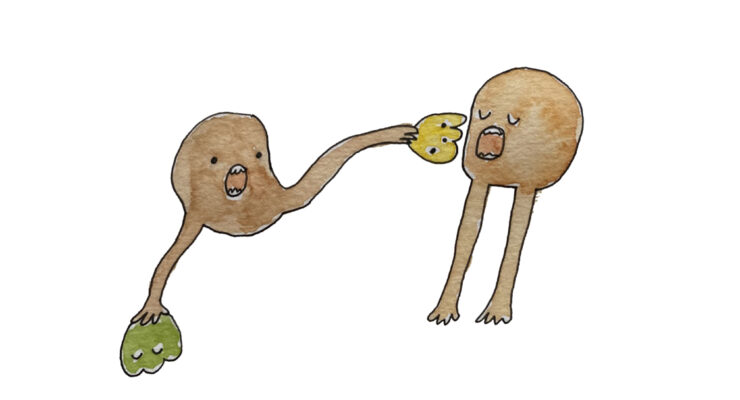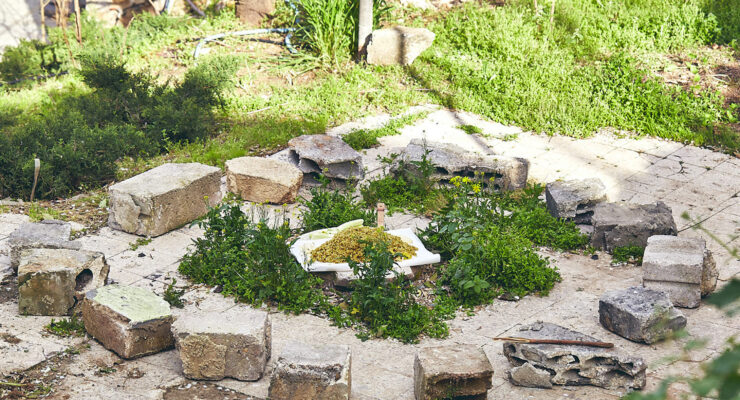“Non-methodological, non-theoretical and impractical interventions.”
In Western society, as etiquette dictates, we’re urged from a young age not to lick our plates after eating. Certainly, it’s frowned upon to go around “licking everything in sight”. However, this is just what the ‘Lickable Cities’ research project aims to do with their self-declared international “impractical research community” which explores “gustatory experiences, designs, and technologies”.
Vanessa Thomas was just a child when she started her gustatory explorations in 1994, realising that if she were to obey all the rules, she may miss some of the fun. Ever since, she has followed this journey of subversive tasting which became an official research endeavour in 2014, when Vanessa was dared to lick a royal carpet at Lancaster University. Subsequently, Ding Wang and Manu J Brueggeman joined the project, forming the ‘Lickable Cities’ collective and started licking their way around a different number of cities, surfaces and environments using “non-methodological, non-theoretical and impractical interventions.”
“The window tasted like window. The porous Olafur Eliasson waterfall-floor tasted sweet, salty & a bit like serenity.
10/10 would lick again.“
They encountered many challenges from thinking with, designing for, and interfacing through taste, including: “how should they grapple with contamination, and how might lickable interfaces influence more-than-humans?” They used these challenges to question the existing framework used for designing with taste in Human-Computer Interaction, presenting their research at the 2018 Conference on Human Factors in Computing Systems. A few lingering questions from their research included the following:
- Who will decide what is average in terms of likeability for lickability or taste-related designs?
- How will we include super-tasters or non-tasters?
- How will we cope with certain flavours that do or do not travel across cultures, ages, or social classes?
- What might we lose by ignoring these dimensions of taste in our designs?
The Lickable Cities project hopes to inspire other designers and thinkers with it’s novel, subversive and absurd methods, and certainly once you think about the potential for new taste experiences within a city, it is hard to forget! Once such future project the team envisage is “Lickadvisor”, an app, partially inspired by TripAdvisor which allow people to share their geotagged stories and tastescapes of global cities.
To find out more about Lickable Cities, visit their website and Twitter page.
–

Text by our correspondent Steph Marsden from foodplayfood.








